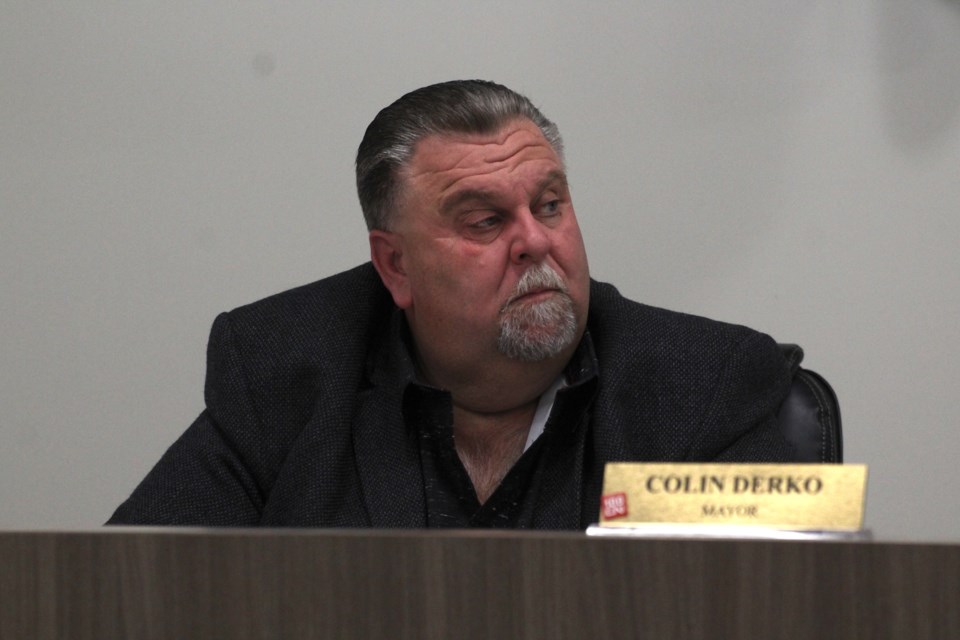BOYLE – It isn’t hard to find someone with an opinion about the federal carbon tax in Alberta — according to a March poll by Angus Reid, 59 per cent of Albertans are in favour of abolishing it altogether, and 17 per cent want the tax to keep increasing as planned.
None of those 17 per cent were present during an Oct. 2 council meeting in the Village of Boyle.
Municipal Affairs Minister Ric McIver requested feedback from municipalities in an Oct. 2 letter, where he said the government was “increasingly concerned about the federal carbon tax’s impact on municipalities."
“For the provincial government to better understand the pressures municipalities are facing and advocate to the federal government on your behalf, we are requesting that all Alberta municipalities share data relating to the impact of the carbon tax on your operations, both directly and indirectly,” said McIver.
Safe to say, Boyle’s councillors were eager to weigh in on the issue, with Mayor Colin Derko being the most vocal.
“It’s ridiculous, you listen to the feds talk about how they’re putting money back in eight out of 10 pockets in Alberta — well, listen here Robin Hood,” said an irate Derko. “They take $100, and then they give $100 back like they’re trying to say, it’s B.S.”
In 2023, the carbon tax cost the village $13,600, with $9,500 being charged to facilities and $4,150 coming from the fleet. CAO Warren Griffin said the numbers don’t reflect the increase in GST charged on the carbon levy, or additional staff costs required to report the carbon tax collected when the village was still operating the gas utility.
Currently, Canada’s national carbon tax is set to increase from $65 per tonne of carbon dioxide equivalent (CO2e) to $170 per tonne by 2030, a rate of $15 a year. Provinces that do not have their own equivalent carbon pricing plans, including Alberta, are required to use the national model.
“Nobody is arguing the importance of (environmentalism). They’re trying to say, ‘If we do this, we’re going to stop fires. We’re going to stop climate change,’” said Derko. “There are things that definitely need to be done and I’m not against that. But at what expense, and how much is it going to cripple us in the meantime?”
Housing woes
Municipalities aren’t the only entities impacted by the carbon tax. Coun. Pat Ferguson is the chair of the Greater North Foundation (GNF), the affordable housing board that serves Athabasca County, Lac La Biche County, and twelve other municipalities in the region.
“We look after the lodges, where the larger portion is low-income housing,” said Ferguson. “The carbon levy for last year for the GNF came to $89,380, it was substantial.”
The cost, which is largely applied on heating for the foundations various housing centres, comes at a steep cost for an organization that is strapped for funding to repair its existing buildings.
“That funding would actually go towards some of our housing that’s not being rented right now because we can’t fix it up, because we don’t have the money,” said Ferguson.
The 2024 total, as of August, was $73,000, and Ferguson expects it to surpass $100,000 by the end of the year.
“It’s disheartening and scary, extremely scary. These are fixed incomes and people are struggling already,” said Derko.
“They say they’re putting money back into the pockets of Albertans, or Canadians, but where did you get that money? It’s like drug money for Pete’s sake, dirty money. You just stole it.”



